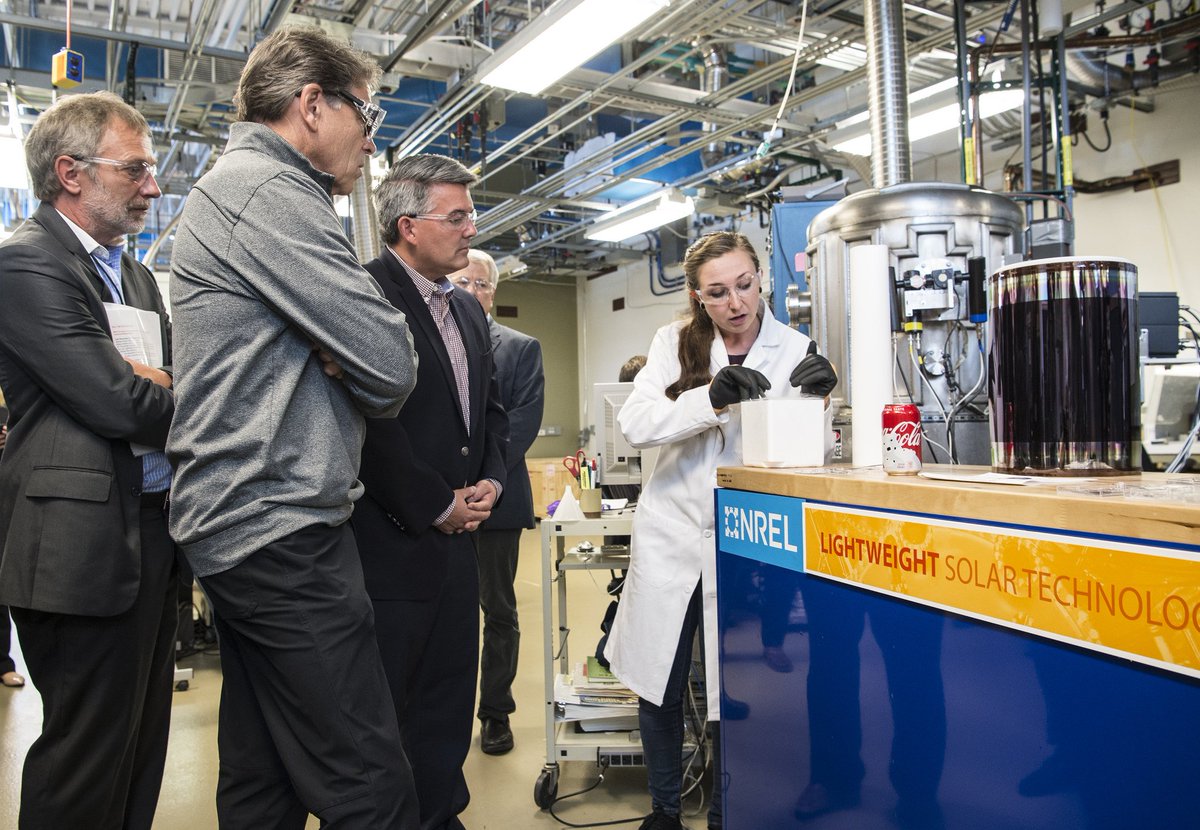The last post
“Less Obvious Sources: Prizes and Water”
on October 23, 2018, focused on the Skywater Alliance and its
innovative system to generate potable water.
As part of an effort to help solve the growth problem of inadequate
water supplies around the world, architect David Hertz and his partners have
developed a system to snatch water right out of the air. The Skywater system creates rainstorms
in a container by heating wood chips to the right temperature to cause
condensation of moisture in the air and the organic fuel. As the condensation is collected ozone is
pumped through the water to purify the water before storage.
Prize Money
Hertz’s group
sought financial support from an unusual source. The group entered the Xprize for Water Abundance
competition, edging out over 90 other inventors for $1.5 million in prize
money. The XPrize Foundation awards seventeen
different prizes in nine categories aimed at bringing about a safer, healthier
and more sustainable world. Since
inception in 1994, Xprize has awarded over $140 million in prize money.
Turns out the
Xprize Foundation and its program of prizes to encourage innovation is not so
unusual. McKinsey & Company, a
business consultancy, found that such award programs have shifted in emphasis
from recognition of excellence to a means to encourage innovation and social
change. Prizes related to science,
engineering, aviation, space and the environment have proliferated, while
prizes for the arts and humanities have dwindled to less than 10% of private
grant monies.
The Hult Prize
offers $1.0 million in seed money to student entrepreneurs with for-profit
enterprises that help solve social problems.
The 2019 awards will be in celebration of the organization’s tenth
anniversary and challenges applicants to create jobs for 10,000 youth over a
decade.
The idea of
supporting social change through practical solutions with a market-based
approach is not unique to the Hult Group.
The
Roddenberry Prize initiated by Star Trek creator Gene
Roddenberry to encourage disruptive innovations that challenge convention. The 2018 round sought applications related to
climate change, in particular food waste, plant-rich diets, girls’ education,
and women’s rights. Winners will
receive a generous $1.0 million for ideas that could be effective in slowing
the pace of global warming through the use of resources that are often
overlooked by other financing programs.
The Skoll Foundation
has invested over $470 million around the world in social entrepreneurship. Awards of $1.25 million are given to winners
with ideas that improve economic opportunity, health, education, environmental
sustainability, or human rights. Winners
in 2018, included the Angaza financing options for renewable energy products,
Callisto alternatives for reporting sexual assault, Code for America digital
services accessibility, Global Health Corps health professional placement,
myAGRO microsaving application and investment platform for farmers, and SELCO
decentralized solar energy in low income India.
Changing
Sentiment
Prizes can have
an interesting impact not only on the future of the recipient, but on the fate
of an entire industry or social concept.
Most notable of the X Prizes was the Anzari X Prize for $10 million, which
was won in 2004 by the Tier One Project using the experimental space plane
SpaceShipOne. The award spurred new
interest in space travel and ultimately led to increased private
investment. Commercial space companies
received $3.9 billion in 2017, including money from 120 different venture
capital firms.
It is not the
first time that a prize played a role in effecting long-term social and
economic change. The Orteig Prize of
$25,000 was awarded in 1919, to aviators to fly across the Atlantic Ocean. Charles Lindbergh ultimately won the award
after flying this aircraft the Spirit of St. Louis to from Long Island, New
York to Paris, France in 1927. The
flight inspired others like explorer Richard Byrd to pursue regular,
transoceanic flights. A number of people
lost their lives, including Amelia Earhart, but dollars many multiples of the
Orteig Prize were invested in the new aviation industry.
The power of the
prize has been recognized some of the wealthiest people in the world
today. The widow of Apple, Inc. founder
Steve Jobs, Laurene Powell Jobs, has announced a $50 million prize called Super
School Project. It is aimed at
innovation in high school education. In
what seemed like an odd choice, Microsoft co-found Paul Allen had teamed up
with the U.S. Department of Transportation on creating Smart City contest aimed
at traffic reduction ideas. Allen
offered to put up $10 million to match the government’s $40 million to award a
city with a plan to reduce greenhouse gas emissions. Fate of the $50 million kitty is uncertain
since Allen’s recent passing.
 |
| Rick Perry Visiting NREL Facility |
How successful
Rick Perry, Laurene Jobs or Paul Allen’s family will be in their particular
efforts remains to be seen. However, if
history is repeated, innovation awards - even those poorly planned or inadequate in
scope - will have an influence on the shape of our
society and economy.
Neither the author of the Small Cap Strategist web
log, Crystal Equity Research nor its affiliates have a beneficial interest in
the companies mentioned herein.
No comments:
Post a Comment